Optimizing CNC Precision Through Effective Temperature Management
Author: SAIVS Date Published: Apr 22,2024
Introduction
Precision in CNC machining hinges on meticulous control of numerous variables, with temperature being a paramount factor. Fluctuations in temperature can subtly but significantly impact CNC precision parts, potentially affecting dimensions, material properties, and overall product quality. Therefore, maintaining a stable thermal environment is crucial for achieving high-precision machining.
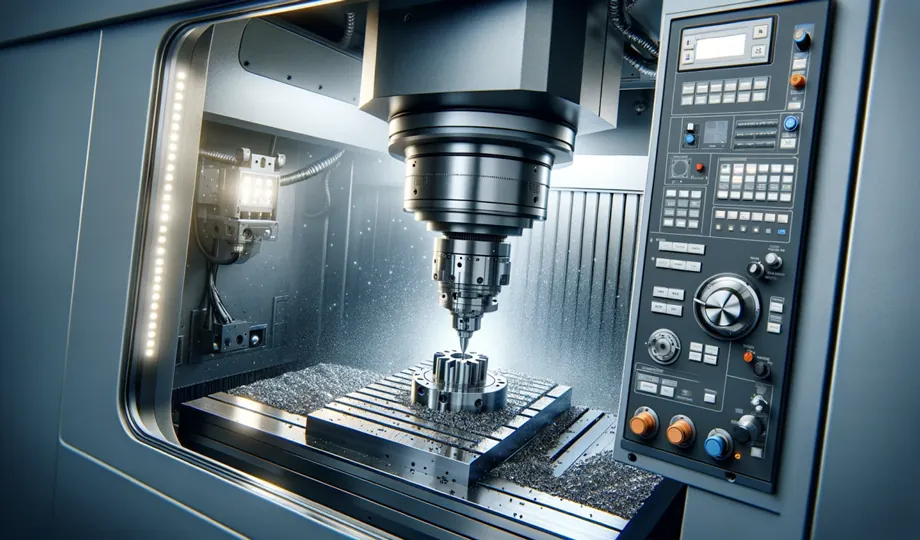
The Effects of Temperature Variations
Thermal Expansion and Contraction
As the most prominent effect, temperature changes induce thermal expansion (at higher temperatures) and contraction (at lower temperatures) in materials. These dimensional variations necessitate considerations during the design phase. Material selection with low coefficients of thermal expansion is a key mitigation strategy. Additionally, employing temperature-controlled environments for machining and storage is essential.
Material Property Changes
Temperature fluctuations can alter the mechanical properties of CNC precision parts, including hardness and tensile strength. To mitigate this, materials with stable properties across a temperature range should be chosen. Heat treatment processes can be optimized for enhanced stability, and rigorous Quality Control measures, including material testing at various temperatures, are crucial for ensuring consistency.
Machining Tolerances and Fits
Tight tolerances and interference fits can be compromised due to thermal expansion or contraction. Statistical data suggests that CNC machining errors caused by thermal deformation account for a significant portion (40-70%) of total errors in precision machining. To address this, precision machining processes require careful monitoring, with adjustments made to tooling or machining parameters in response to temperature variations. Selecting fits that account for temperature-induced changes is critical.
Structural Integrity
Sudden or extreme temperature changes can induce stresses within CNC precision parts, potentially leading to structural integrity issues. Strategic application of stress-relief processes like annealing can minimize residual stresses. Designing parts with consideration for uniform stress distribution can also be beneficial.
Lubrication Challenges
Temperature changes can impact lubricant viscosity and effectiveness, affecting the performance of moving parts. Employing lubricants with a broad operating temperature range and conducting regular maintenance to ensure proper lubrication are key strategies. Lubricant selection should align with the expected temperature variations in the operating environment.
Measurement Accuracy
Temperature changes can influence the accuracy of measurement tools, affecting the precision of machined parts. Regular calibration of measurement tools and compensating for temperature variations during measurements are crucial practices. Climate-controlled metrology rooms can provide a stable environment for accurate measurements.
Tool Wear and Cutting Performance
Temperature changes can impact cutting tool performance, affecting tool wear rates and consequently, the quality of machined surfaces. Machining parameters, including cutting speeds and feeds, may require adjustment based on temperature conditions. Choosing cutting tools designed for temperature stability and wear resistance is vital.
Mitigating Strategies: A Holistic Approach
The effects of temperature changes on CNC precision parts necessitate a holistic approach encompassing:
Material Selection: Selecting materials with low coefficients of thermal expansion and stable mechanical properties across a temperature range.
Design Considerations: Designing parts for uniform stress distribution and incorporating allowances for temperature-induced dimensional changes.
Machining Strategies: Implementing temperature-controlled environments, monitoring machining processes, and adjusting parameters as needed.
Quality Control Measures: Regularly calibrating measurement tools, employing climate-controlled metrology rooms, and conducting material testing at various temperatures.
By integrating these considerations into the machining process, manufacturers can enhance the resilience of CNC precision parts against temperature variations, ensuring consistent quality and performance in diverse operating environments.
Why Choose SAIVS™ as Your Supplier?
1.Superb Quality Control Management
At SAIVS, we take pride in our perfect quality management systems and procedures, which guarantees the excellent performance of all our producs, being a professional Investment Casting | Die Casting| Sand Castingmanufacturer in China.
2.Rich Production Experience
With 20 years of experience in production, SAIVS has a deep understanding of the market and trends, and strives for continuous research and innovation. This has created advantages in both the product's performance and appearance.
3.Competitive Prices
As a Chinese factory committed to becoming the most cost-effective Investment Casting | Die Casting| Sand Castingexporter in China, SAIVS provides high-quality products at advantageous prices. By lowering costs and increasing efficiency, we ensure that our customers receive the best possible value for their investment.
4.Perfect After-sales Service
At SAIVS, we strive to provide superior customer service that meets and exceeds expectations. We are always available for any questions or concerns you may have, and we stand by our commitment to providing excellent after-sales support.
Related Posts
-
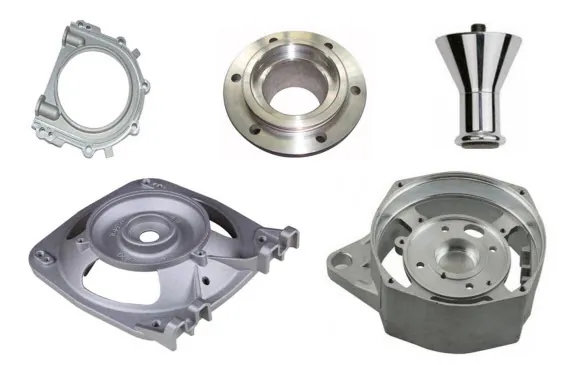
Why Automotive Parts Use Zinc Die Castings
IntroductionIn the automotive industry, the use of high-quality materials is crucial for manufacturing durable and efficient components.Zinc die castings have g...
-
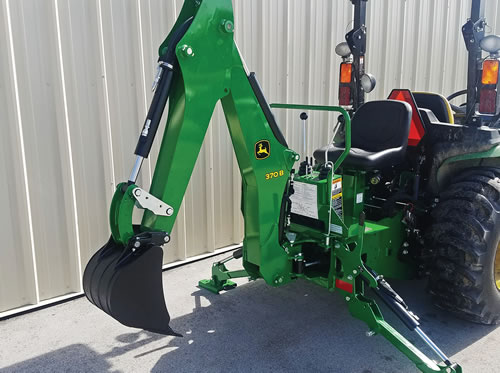
CASTING OF THE YEAR: WAUPACA’S COLLABORATION ON A BACKHOE BUCKET
When it comes to customer and industry benefits, the 2022 Casting of the Year checks nearly all the boxes: Conversion from another process? Check. Reshored manu...
-
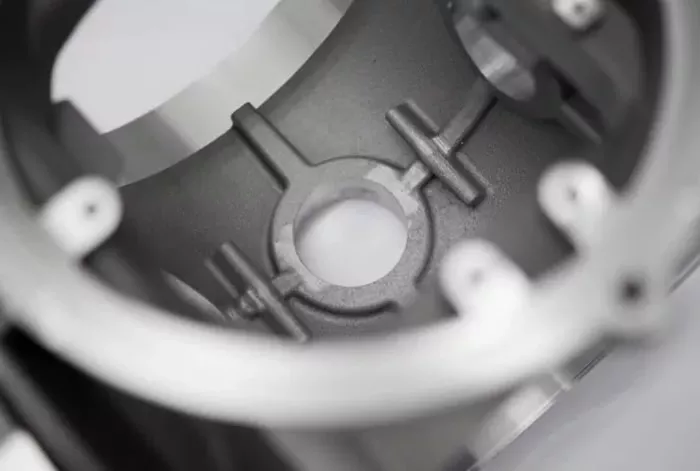
Why Choose Haworth Castings For Your Cast SAIVS?
SAIVS Castings specializes in producing high-quality cast enclosures for various industrial sectors. Enclosures are protective housings that provide a secure ba...
-
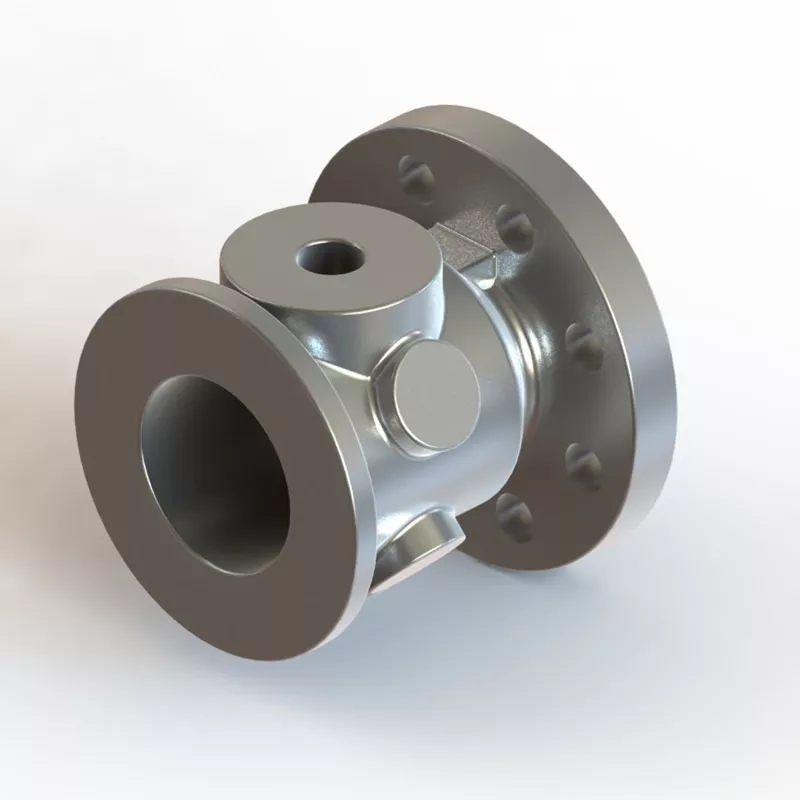
Problems in quality control of aluminum die castings
China's die-casting industry has continuously developed and applied new technologies and materials, which can also be seen everywhere in life. The character...
-
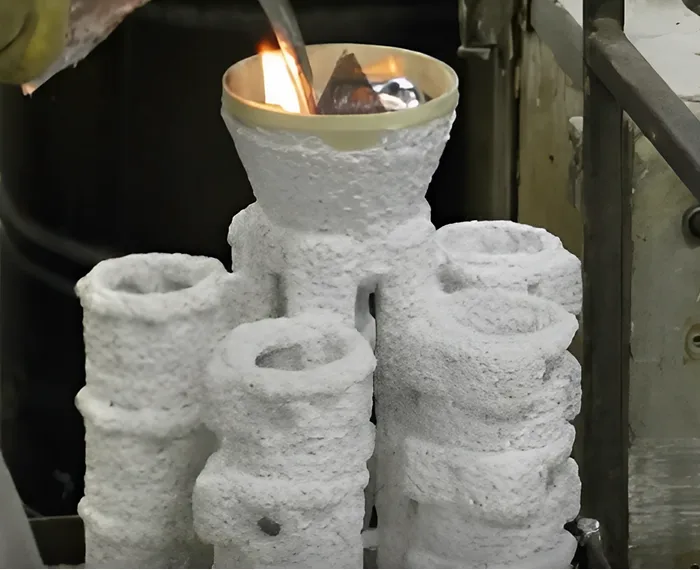
Key Factors Affecting the Quality and Accuracy of Investment Casting
Investment casting is a versatile and widely used casting process that can produce highly precise and complex parts with excellent surface finish and dimensio...
-
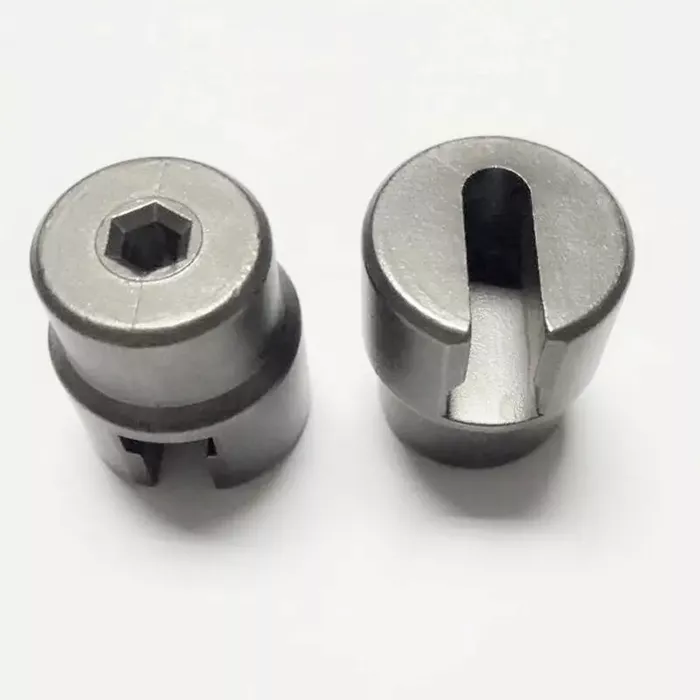
Technical Requirements for Investment Casting
Throughout the production process, precision casting solidifies its liquid immediately at room temperature and pours the compound into its unique die casting di...

